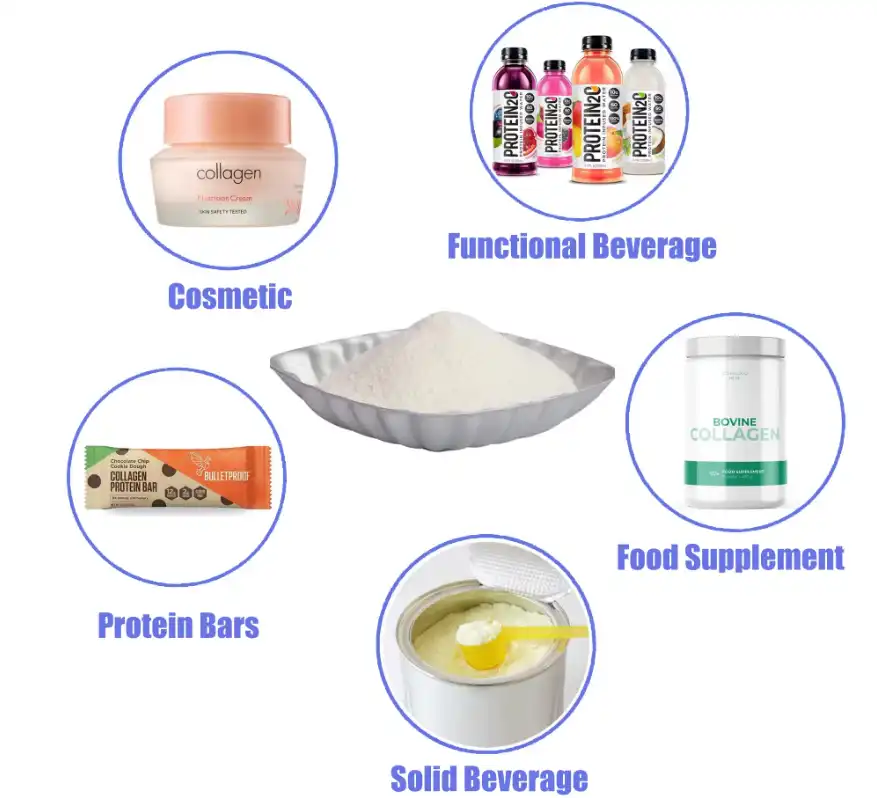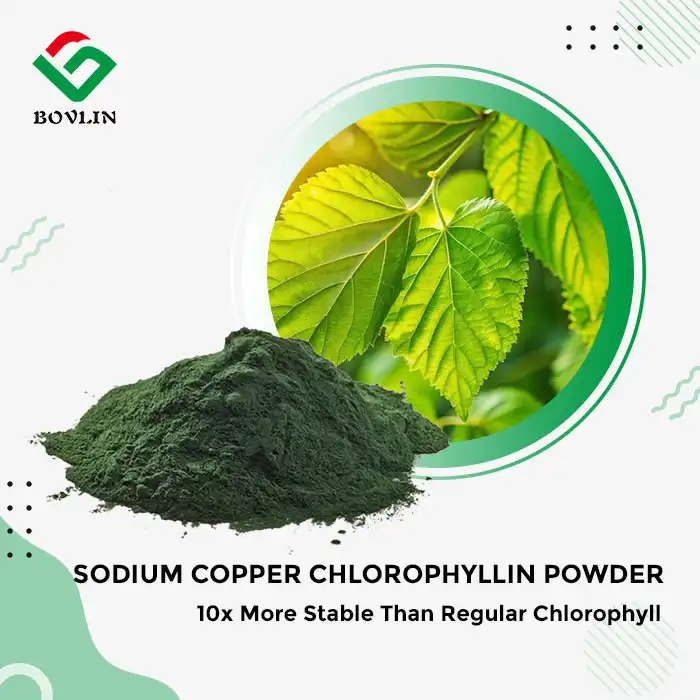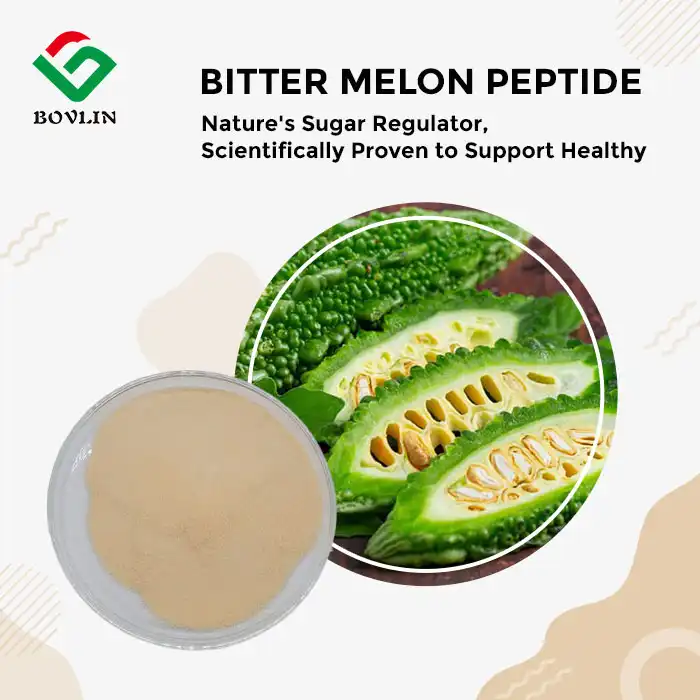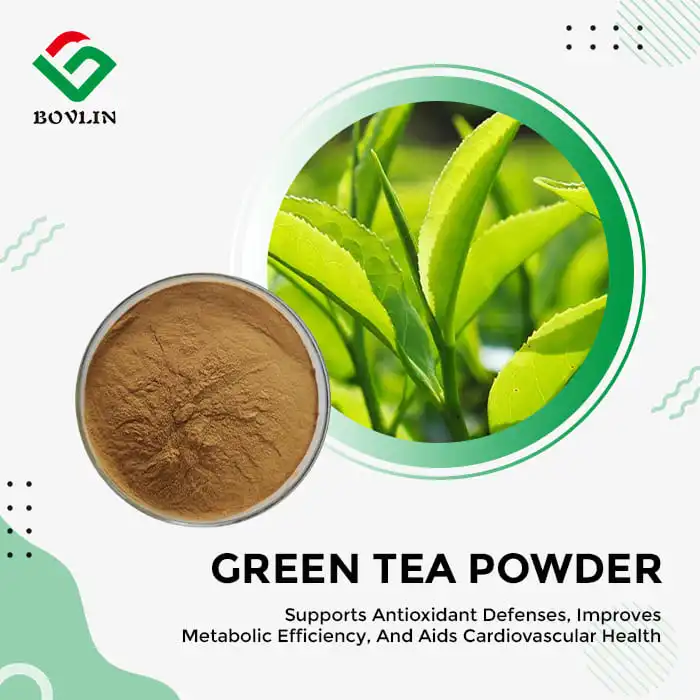What is Hydrolyzed Rice Protein Powder Used For?
Hydrolyzed rice protein powder is a versatile ingredient with a wide range of applications across various industries. This plant-based protein, derived from rice through enzymatic hydrolysis, offers numerous benefits in haircare, skincare, nutraceuticals, food and beverage products, and even industrial applications. Its unique properties make it an invaluable ingredient for manufacturers seeking natural, sustainable, and effective solutions. From enhancing the texture and nutritional profile of plant-based foods to improving the performance of cosmetic formulations and contributing to eco-friendly materials, hydrolyzed rice protein powder has become a go-to ingredient for many innovative companies.
Functional Use in Haircare, Skincare, and Nutraceuticals Haircare Applications
In the realm of haircare, hydrolyzed rice protein powder has gained significant traction due to its remarkable benefits. This ingredient, often referred to as rice peptide or rice protein peptide, can significantly improve hair health and appearance. Its low molecular weight allows it to penetrate the hair shaft, providing deep nourishment and strengthening from within. Manufacturers incorporate hydrolyzed rice protein powder into shampoos, conditioners, and hair masks to enhance hair elasticity, reduce breakage, and improve overall hair texture.
The protein's film-forming properties create a protective layer on the hair surface, shielding it from environmental stressors and heat damage. This protective barrier also helps to lock in moisture, preventing dehydration and frizz. As a result, products containing hydrolyzed rice protein powder can leave hair feeling smoother, softer, and more manageable.
Skincare Benefits
In skincare formulations, hydrolyzed rice protein powder, also known as rice peptide powder, serves multiple purposes. Its moisturizing properties help to hydrate the skin, improving its elasticity and suppleness. The rice peptides can penetrate the outer layers of the skin, providing deep hydration and nourishment. This makes it an excellent ingredient for anti-aging products, as it can help reduce the appearance of fine lines and wrinkles.
Moreover, hydrolyzed rice protein powder boasts antioxidant properties, which can protect the skin from free radical damage and oxidative stress. This protective action can help maintain a youthful, radiant complexion. Skincare manufacturers often incorporate this ingredient into moisturizers, serums, and masks to capitalize on these benefits.
Nutraceutical Applications
In the nutraceutical industry, hydrolyzed rice protein powder has established itself as a valuable ingredient in dietary supplements and functional foods. Its high protein content and complete amino acid profile make it an excellent choice for plant-based protein supplements. The hydrolyzed form is particularly beneficial as it's easier for the body to digest and absorb compared to intact proteins.
Manufacturers of sports nutrition products often use rice protein peptides in their formulations to support muscle recovery and growth. The powder can be easily incorporated into protein shakes, bars, and other functional food products, providing a hypoallergenic and easily digestible protein source for consumers with dietary restrictions or sensitivities.
Performance Enhancer in Plant-Based Food and Beverage Products
Improving Nutritional Profiles
As the demand for plant-based alternatives continues to rise, food manufacturers are turning to ingredients like hydrolyzed rice protein powder to enhance the nutritional profile of their products. This versatile ingredient can significantly boost the protein content of plant-based foods, helping to create more balanced and nutritious options. Its neutral taste and color make it an ideal choice for incorporation into a wide range of products without altering their sensory characteristics.
In plant-based milk alternatives, for example, hydrolyzed rice protein powder can be used to increase the protein content, bringing it closer to that of dairy milk. This not only improves the nutritional value but also enhances the mouthfeel and texture of the product, creating a more satisfying consumer experience.
Texture and Functionality
Beyond its nutritional benefits, hydrolyzed rice protein powder plays a crucial role in improving the texture and functionality of plant-based foods. Its water-binding properties can help improve the moisture retention in baked goods, resulting in products with better texture and longer shelf life. In meat alternatives, rice protein peptides can contribute to a more meat-like texture and improve the product's ability to retain moisture during cooking.
In beverages, hydrolyzed rice protein powder can act as an emulsifier, helping to stabilize formulations and prevent separation. This property is particularly valuable in plant-based milk alternatives and protein shakes, where stability and smooth texture are key to consumer acceptance.
Clean Label Solutions
As consumers become increasingly aware of ingredient lists, food manufacturers are seeking clean-label solutions. Hydrolyzed rice protein powder fits perfectly into this trend. As a natural, plant-based ingredient, it allows manufacturers to create products with simple, recognizable ingredient lists. This aligns with consumer demands for more transparent and less processed food options.
Moreover, rice protein peptide powder is hypoallergenic and gluten-free, making it suitable for a wide range of dietary needs. This versatility allows manufacturers to create inclusive products that cater to various consumer segments, from vegans and vegetarians to those with food allergies or intolerances.

Industrial Applications in Bioplastics and Eco-friendly Coatings
Biodegradable Packaging Materials
In the quest for more sustainable packaging solutions, hydrolyzed rice protein powder has emerged as a promising ingredient in the development of biodegradable materials. Its unique properties allow it to be used in the production of bioplastics, offering an eco-friendly alternative to traditional petroleum-based plastics. The protein's film-forming abilities and biodegradability make it an excellent candidate for creating packaging materials that can decompose naturally, reducing environmental impact.
Manufacturers in the packaging industry are exploring ways to incorporate rice protein peptides into their formulations to create sturdy yet biodegradable packaging solutions. These materials can potentially be used for food packaging, disposable cutlery, and other single-use items, providing a more sustainable option for businesses and consumers alike.
Eco-friendly Coatings and Adhesives
Another promising industrial application of hydrolyzed rice protein powder lies in the development of eco-friendly coatings and adhesives. The protein's film-forming properties and ability to adhere to various surfaces make it an excellent base for creating natural, non-toxic coatings. These coatings can be used in a variety of applications, from protecting wood surfaces to creating water-resistant barriers on paper products.
In the adhesives industry, rice protein peptides are being explored as a sustainable alternative to synthetic adhesives. Their strong binding properties and biodegradability make them an attractive option for manufacturers looking to develop more environmentally friendly products. These natural adhesives could find applications in packaging, construction, and even in the automotive industry.
Textile Industry Applications
The textile industry is another sector where hydrolyzed rice protein powder is making inroads. Its moisture-retaining properties and ability to form protective films make it an excellent ingredient for fabric treatments. Manufacturers can use rice protein peptides to create fabrics with enhanced moisture-wicking properties, improved durability, and even antimicrobial characteristics.
In the realm of eco-friendly textiles, hydrolyzed rice protein powder can be used to create natural, biodegradable finishes for fabrics. These finishes can impart properties such as water resistance or UV protection without relying on synthetic chemicals. As the demand for sustainable textiles continues to grow, ingredients like rice protein peptide powder are likely to play an increasingly important role in innovative textile treatments.
Conclusion
Hydrolyzed rice protein powder stands out as a versatile and valuable ingredient across multiple industries. Its applications range from enhancing hair and skin health to improving the nutritional profile and texture of plant-based foods, and even contributing to the development of eco-friendly materials. As manufacturers continue to seek sustainable, effective, and natural solutions, the importance of ingredients like rice peptides and rice protein peptide powder is likely to grow. Their unique properties offer endless possibilities for innovation, paving the way for more sustainable and high-performance products in various sectors.

Contact Us
Are you interested in exploring the potential of hydrolyzed rice protein powder for your products? Shaanxi Bolin Biotechnology Co., Ltd. is here to help. As a leading expert in plant extracts and functional raw materials, we can provide you with high-quality hydrolyzed rice protein powder tailored to your specific needs. Contact us today at sales1@bovlin.com to learn more about how our products can enhance your formulations and drive innovation in your industry.
References
Journal of Cosmetic Science: "Effects of Rice Protein on Hair and Skin Properties"
Food Chemistry: "Functional Properties of Rice Protein Hydrolysates in Food Systems"
International Journal of Biological Macromolecules: "Rice Protein-based Biodegradable Films and Coatings"
Journal of Agricultural and Food Chemistry: "Antioxidant Properties of Rice Protein Hydrolysates"
Trends in Food Science & Technology: "Applications of Rice Proteins in Food and Pharmaceutical Industries"
Biomacromolecules: "Rice Protein-based Materials as Sustainable Alternatives to Petrochemicals"











